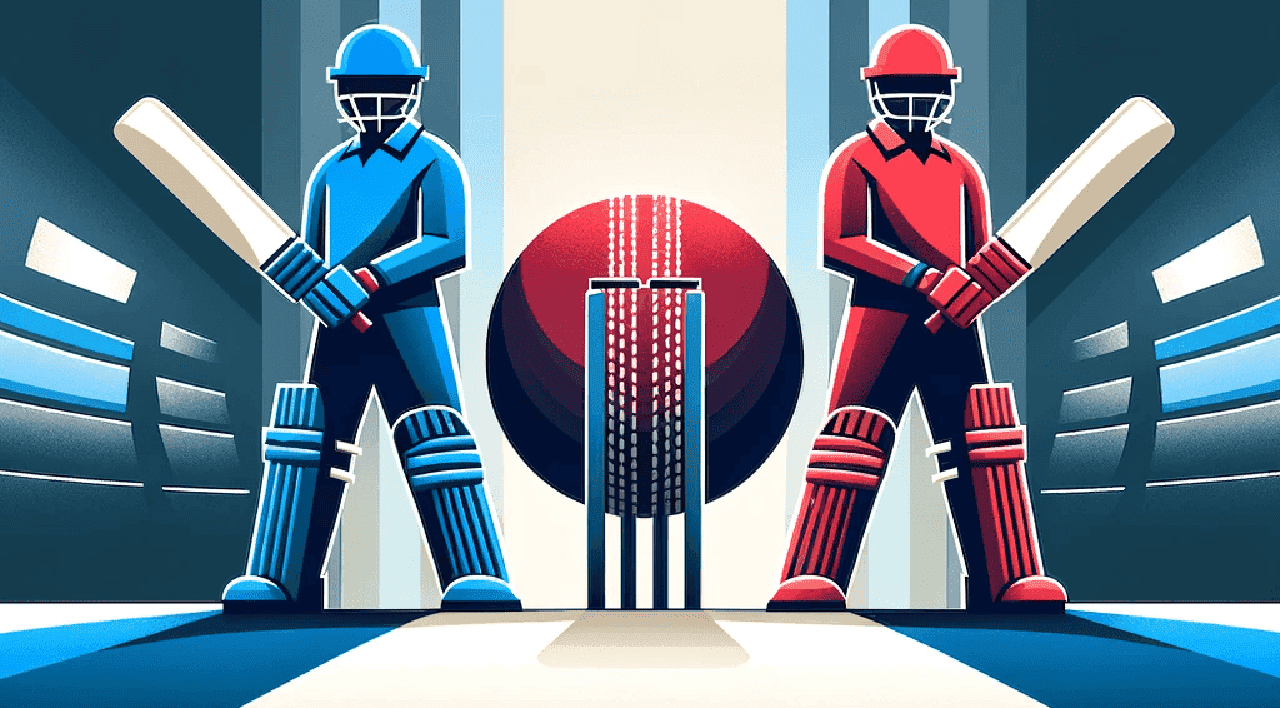
Inside the IPL Auction for Player Agents
Chris Cardoso, a Gqeberha-based player agent, knows the IPL player auction is a complex and opaque process.
"When I started doing this – I don't know, 15 years ago – I was nervous when the IPL auction came around," Cardoso told Cricbuzz. "I used to watch everything, waiting and hoping. You did everything in your power to get everything done. Now we know the sequence and we know what we need to do. I hate using this phrase, but we've ticked all our boxes. We've spoken to everyone we need to speak to and done what we can do. The auction will always be there in the background but our focus is not 100% on it.
"There's nothing to be nervous about. The younger players are probably anxious, but the more experienced guys are not panicky. If it happens, it happens. If it doesn't, unfortunately then it just doesn't."
Francois Brink, an agent in Cape Town, shares a similar perspective: "I'm very philosophical about it. If the teams like my players, they'll be put on the shortlist. If they don't, so be it. I just try to keep my players' expectations in check."
The auction process remains a mystery, with franchises making decisions based on a combination of analysis and assumption.
Rassie van der Dussen and Wiaan Mulder survived the initial cut from 1,574 players to 574, while Reeza Hendricks did not. All three are represented by Cardoso. Kyle Verreynne and Patrick Kruger, both on Brink's books, also made the cut.
Van der Dussen's base price is USD237,000 and Mulder's, Verreynne's and Kruger's USD89,000 each.
Cardoso has had positive conversations with franchises about his clients, but acknowledges they are tight-lipped about their true feelings.
"They always speak highly of Rassie, and with what Wiaan did in the SA20 last year [three half-centuries and batting at a strike rate of 157.14, and doing a handy job with the ball] there is interest. There's nothing concrete, but they say they've got them on their lists and are definitely interested in having a look if time allows.
"But do they even bring them to the block? That's completely out of our hands. We've only managed to get Rassie onto the block three times in the last five or six years, and he was bought once. But his stats in the other two years were so much better than the year he was bought. You never know how these things will work out. It's about where they come up on the list and what the teams are looking for. I always tell the guys we do what we can, but it's about what the team owners want and how the analysts feel they will get the best out of the players on offer."
Brink is more direct: "I think the chances of [Verreynne and Kruger] getting in are small. Maybe I've got a better chance with Patrick. Because in the past there was generally a paucity of fast bowling allrounders among the Indians, although that's changing."
Agents play a crucial role in the process, providing franchises with information about players' fitness, availability, and recent performances.
"We make the franchises aware of the players' fitness, whether they are going to be there the entire tournament or only partially, and what sort of roles they've been fulfilling recently in South Africa," Cardoso said.
"IPL franchises don't follow our domestic cricket too closely, so one of the questions I've been asked was whether Rassie is opening the batting. They're not aware that he has been batting at No. 3 lately [in T20s for Gauteng]. It's about building awareness around the players as much as we can to keep the franchises informed."
Brink emphasizes the importance of personality in the selection process.
"Even with the Moneyball approach and all the algorithms and programmes the analysts have, what those things don't do and can't do is tell you about someone's personality. I've spoken to coaches who have told me there's a much better player from South Africa, but he's reserved or withdrawn or he doesn't partake in team discussions or whatever. And there's another player – not as good as him – from another country, but he's more part of the team. They pick that guy.
"You can also build relationships with the influencers in the franchises, whether they are the CEO or the owner or the team director. If it's a 50-50 decision on two players, and you've got a good relationship with them, they might go for your guy rather than for someone represented by someone they don't have that good a relationship with. That's one of the reasons why I've hooked up with an international agency that has an office in India; to forge those relationships."
Despite the challenges, the SA20 has helped raise the profile of South African players in the IPL.
"Before the SA20, it felt like the IPL didn't want to talk to us about South African players unless they really wanted them," Cardoso said. "Now, when you're on the phone with the team owners and management and backroom staff, they know the players and they ask questions about them specifically – how about that guy, what about that one, who is this guy, where did he come from. Before they never knew the players and they didn't care. Now things are happening in our space, and I think the younger guys are going to be picked up for the IPL for years to come."
